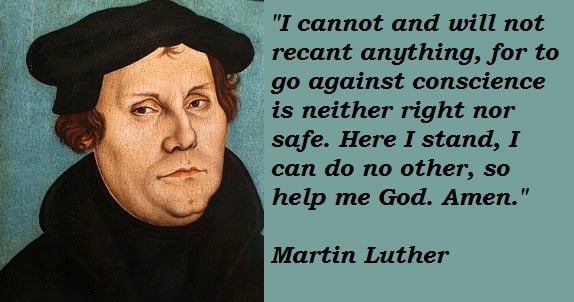Over the course of the second half of last week, we found ourselves wholly focused on the physical battle our 14-month-old grandson Nolan was fighting. Little Nolan wound up in the pediatric ICU of Georgetown University Hospital in D.C., where he was fighting a viral issue that made it difficult for him to breathe. The good news is that he’s home now, recovering and doing well! But seeing him sitting in a crib with countless wires, tubes, and other types of paraphernalia hooked and taped to his little body served as a gut-wrenching reminder of just how messed up and broken our world is. Things are not the way they’re supposed to be. Every other little occupant of every other room on the Pediatric Unit’s 5th floor at G.U.H. drove that reality home even more.
Nolan’s weekend bout and the very presence of that hospital are visible reminders of some sobering theological realities. Thanks to our rebellion against the One who made us, Shalom has been broken. The flourishing God built into His creation has been undone, all as a result of our desire to take things into our own hands. Theologians remind us that the consequences of our rebellion are physical death, spiritual death, and the sufferings of life. But thankfully, God has not left us to ourselves. God entered the world as one of us as part of His magnificent and merciful plan to undo what we’ve done. God took things into His own hands.
Last Friday as Nolan was in the hospital, I was reminded that it was the day to celebrate the Reformation, that point in church history when faithful followers of Jesus Christ who immersed themselves in God’s Word stood up in the face of strong opposition to correct significant errors in how the church understood and taught salvation. Specifically, Martin Luther – after reading the Scriptures – realized that the church was getting it wrong on God’s magnificent and merciful plan for our salvation and the ultimate restoration of Shalom. The church taught that we are justified and we secure our salvation through our works. . . a teaching that effectively hung millstones around people’s necks. Luther realized that God’s merciful and grace-filled plan for us is one where God initiates our salvation through the work of Christ on the cross. We are made right with God through faith, not through works.
What was it that drove Luther? It was his study of the Word of God. How else can we understand our world? How else can we understand what’s gone wrong with the world and how what’s gone wrong is being made right?
Luther has been described as a man with a conscience that was captive to the Word of God. We are all captive to something. Shouldn’t we consciously seek and choose our captivity?
And so, as I pondered the brokenness in that hospital, I am grateful to know that the story doesn’t end there. I am grateful for God’s gift of the Word. . . both incarnate and written. I pray that, like Luther, I would have a conscience captive to the Word of God.
“Lord, fill us all with a hunger for your Word that issues in a commitment to feasting daily. May we endeavor to jump into your Word over and above our tendency to jump into and feast on anything and everything else.”
